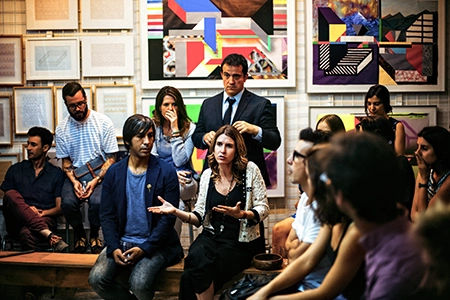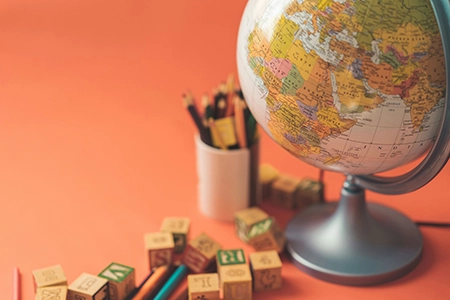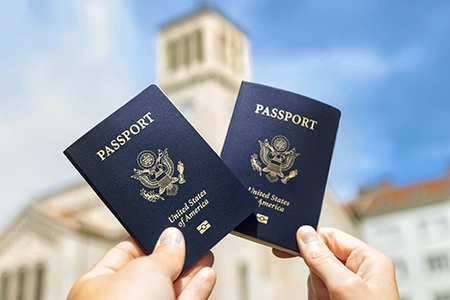Overcoming language barriers in medical translation is a critical endeavour that involves bridging the gap between healthcare providers and patients speaking different languages. Effective communication in the medical field is essential for accurate diagnosis, treatment, and patient safety. Language barriers can impede understanding, leading to misunderstandings, misdiagnoses, and potential health risks. Medical translators are pivotal in ensuring patients receive clear and accurate information about their health conditions, treatment options, and medication instructions, thus promoting better healthcare outcomes.
Regarding English Turkish translation in the medical field, the challenge of overcoming language barriers is particularly pronounced due to the linguistic differences between these languages. Ensuring that medical information is accurately conveyed from one language to another requires linguistic proficiency and a deep understanding of medical terminology and cultural nuances. Precision and clarity are paramount in healthcare, and errors or miscommunications can seriously affect patient well-being. Translators must navigate these language barriers by providing accurate and culturally sensitive translations that facilitate effective communication between healthcare providers and patients, ultimately ensuring that quality healthcare is accessible to individuals of diverse linguistic backgrounds.
Medical Translation Challenges in Pharmaceutical Research
In pharmaceutical research, the challenges in medical translation are multifaceted and demand a high level of expertise. These challenges primarily stem from the complexity of medical terminology and the precision required in conveying scientific jargon accurately. Furthermore, adhering to strict regulatory guidelines and ensuring the utmost accuracy is crucial, as even minor translation errors can have severe consequences, potentially affecting the integrity of research findings and regulatory approvals. Balancing the need for speedy translations, essential in the fast-paced pharmaceutical research environment, with the critical requirement for precision adds another layer of complexity. Successfully overcoming these challenges is paramount for facilitating effective communication, ensuring regulatory compliance, and advancing pharmaceutical research globally.
Navigating Complex Terminology and Scientific Jargon
In pharmaceutical research, medical translation necessitates an unwavering level of precision. The most significant challenge in this field is navigating through complex medical terminology and scientific jargon. Pharmaceutical research documents are filled with highly specialized terms, drug names, and technical details that demand profound linguistic expertise and a complete understanding of the subject matter. The translators must have a thorough command of both English and Turkish languages to convey the intricacies of scientific content precisely.
Ensuring Regulatory Compliance and Accuracy
Pharmaceutical research is held to rigorous regulatory standards to ensure patients’ safety and scientific results’ validity. Therefore, medical translation in this context must strictly follow guidelines and maintain high levels of accuracy. Any translation errors or inaccuracies can have severe consequences, potentially compromising research data integrity or slowing down regulatory approval processes. Translator must be well-versed in the specific regulatory requirements of both the source and target languages to ensure compliance.
Balancing Speed and Precision
Time is a critical factor for researchers and companies in pharmaceutical research. Fast and accurate translation services are crucial for international collaborations, clinical trials, and market demands. However, the need for speed should maintain the essential requirement for precision. Achieving such a balance is a significant challenge in medical translation for pharmaceutical research. This is because rushing the process may lead to errors and inaccuracies, while excessive delays can hinder progress. Therefore, having a reliable and efficient translation service is crucial to deliver accurate and timely translations.
When considering English-Turkish translation within pharmaceutical research, these challenges remain consistent. The translation process must address the intricate medical terminology in pharmaceutical documents, requiring linguistic expertise and a profound understanding of scientific concepts in both languages. Moreover, strict regulatory standards are imperative to maintain precision and ensure compliance with the translated content. Striking a balance between the need for timely translations and maintaining accuracy remains a challenge, just as in the English-language context. Successfully managing these challenges is crucial for upholding the quality and integrity of pharmaceutical research and regulatory documentation in both languages, promoting global collaboration and understanding within the field.
Challenges in Translating Highly Specialized Medical Terminology
The translation of highly specialized medical terminology poses several formidable challenges. This complexity becomes particularly apparent in healthcare and medicine, where precision and accuracy are paramount. Translators tasked with converting medical content from one language to another must navigate a web of intricate terms and concepts, each with its linguistic peculiarities and contextual subtleties. For instance, consider the term “electroencephalogram” in English, which measures electrical activity in the brain. When translated into Turkish, it becomes “elektroensefalogram,” a process involving linguistic adaptation and medical concept preservation.
Moreover, medical terminology translation is more than just a matter of linguistic proficiency. It demands an in-depth understanding of medical science and the ability to convey complex medical concepts accurately. Medical translators must bridge the gap between languages while ensuring the translated terms maintain their medical precision and significance. The rapidly evolving nature of medical knowledge further complicates matters, as translators must stay up-to-date with new terminology, procedures, and technologies.
In conclusion, translating specialized medical terminology is a complex task requiring a deep understanding of both languages and medical science.Accurate translation is essential in maintaining the integrity of medical documents, ensuring patient safety, and facilitating global collaboration in healthcare and medicine.
English to Turkish Medical Translation
Translating highly specialized medical terminology presents significant challenges, especially in English-Turkish translation. For instance, consider the English term “electroencephalogram,” which measures electrical activity in the brain. In Turkish, we translate this term as “elektroensefalogram,” reflecting both the linguistic adaptation and the preservation of the medical concept. Similarly, the English term “magnetic resonance imaging” refers to a medical imaging technique that uses magnetic fields. We translate this as “magnetic resonance görüntüleme” in Turkish, ensuring both the linguistic accuracy and the conveyance of the medical procedure. However, the complexities go beyond literal translation, as medical terminology often involves nuanced contextual nuances, requiring translators to possess both linguistic expertise and a deep understanding of medical science. Furthermore, the rapidly evolving nature of medical knowledge necessitates constant updates and adaptations in the translation process to convey new terms and technologies accurately. This underscores the precision and expertise required for translating medical terminology effectively.



